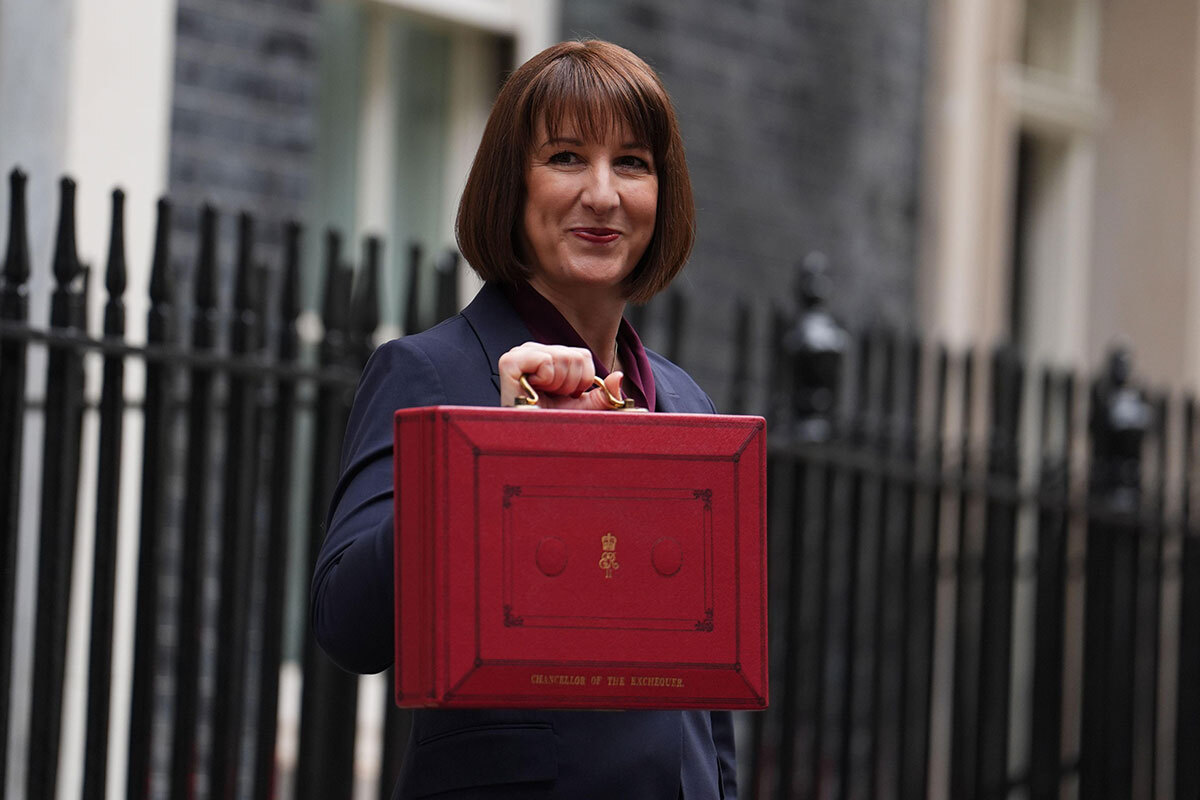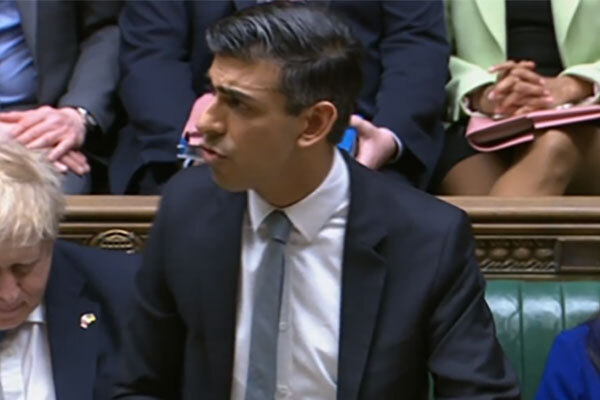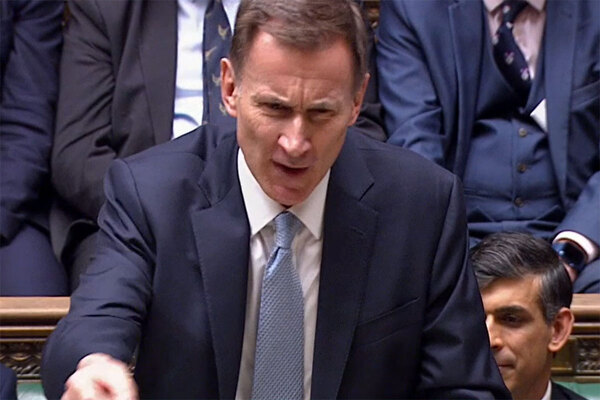Autumn Budget 2024: Household Support Fund and Discretionary Housing Payments extended
The government’s Household Support Fund and Discretionary Housing Payments will be extended, with an additional £1bn funding from next year.

Speaking at her maiden Budget on 30 October, chancellor Rachel Reeves said that the extensions “would help those facing financial hardship with the cost of essentials”.
The Household Support Fund allows councils to help families via foodbanks, warm spaces and food vouchers. It will now run until the end of March 2025.
It has been given a £421m extension, which the government said “gives certainty to local authorities across England over the winter months”.
The rest of the £1bn will be allocated to Discretionary Housing Payments, which are available for anyone entitled to housing benefit or the housing element of Universal Credit who needs further help with housing costs.
The main objective of Discretionary Housing Payments is to prevent homelessness, but funding was cut by the previous government by £40m in 2022.
Ms Reeves also announced changes to debt repayments taken from households who are receiving Universal Credit.
She said that having heard representations from the Joseph Rowntree Foundation, The Trussell Trust and others, the government will reduce the level of debt repayments that can be taken from a household’s Universal Credit payment each month from 25% to 15% of their standard allowance.
“This means that 1.2 million of the poorest households will keep more of their award each month, lifting children out of poverty, and those who benefit will gain an average of £420 a year.”
The Household Support Fund was launched in late 2021 amid the cost of living crisis to help households get through the winter, and was extended by six months in March.
Over the past two-and-a-half years, £2.5bn has been given out through the Household Support Fund.
It is used to support households with the cost of essentials, although local authorities have flexibility in addressing local needs.
The fund applies to England only, with devolved governments receiving money through the Barnett formula alongside this.
Anyone can apply for the fund via their council, but the expectation was that the fund should be used to support households in the most need, particularly those who may not be eligible for other government support.
Support was offered to families, pensioners, people with disabilities and anyone else who could show they were struggling to make ends meet.
Sign up for our homelessness bulletin
Already have an account? Click here to manage your newsletters











